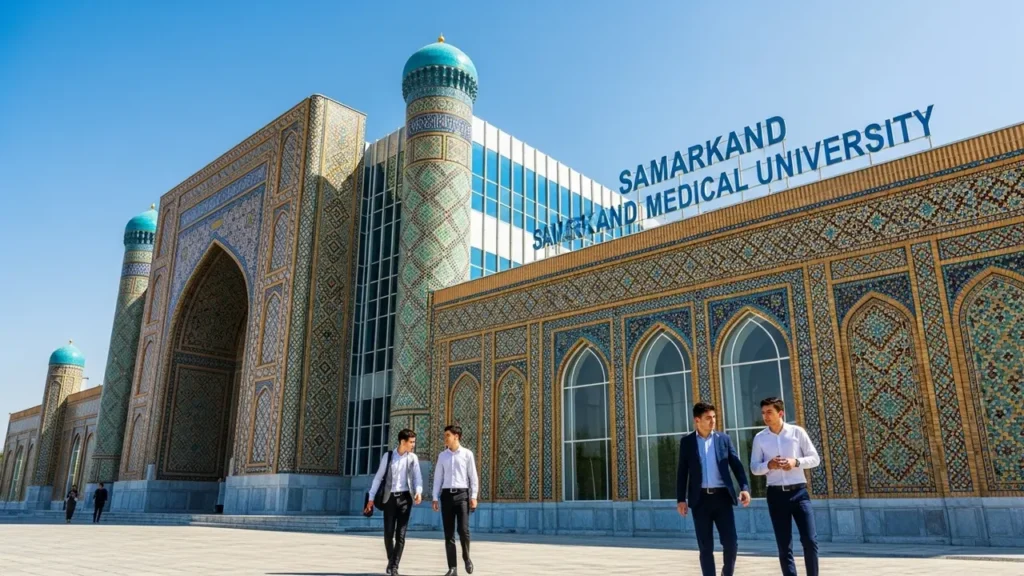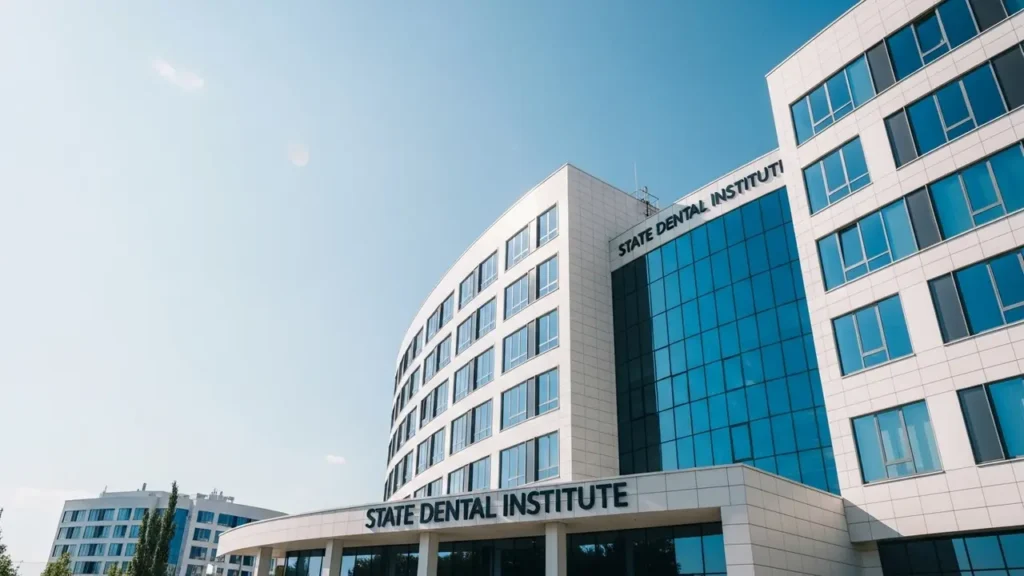Thinking About Studying MBBS in Russia?
- 1 Thinking About Studying MBBS in Russia?
- 2 Why So Many Students Pick Russia for Medical School
- 3 What Makes a University Stand Out?
- 4 Spotlight: Some Leading Russian Medical Universities
- 5 Step-by-Step: How Do You Apply?
- 6 Let’s Talk Money: What Will It Cost?
- 7 What’s It Really Like Living in Russia?
- 8 Smart Advice for Anyone Considering MBBS in Russia
- 9 Should You Choose Russia for Your Medical Studies?
- 10 FAQs
So you want to be a doctor? You’re not alone. Every year, tons of students dream of a white coat and stethoscope. But if you’re looking at medical school and wondering how to make it happen without breaking the bank, you’re probably searching all over for options.
One place lots of students are choosing? Russia. Seriously. I didn’t realize how popular it was until I started chatting with friends and reading forums. Turns out, thousands of students from Asia, Africa, and the Middle East head to Russia for their MBBS studies every year. And for good reasons.
Why So Many Students Pick Russia for Medical School
If you’re wondering what makes Russian medical schools so tempting, here’s the scoop:
- Affordable tuition. Medical school costs in Russia are way lower than in the US, UK, or even many Asian countries.
- Recognized degrees. Big organizations like WHO and the World Directory of Medical Schools (WDMS) list many Russian universities. You finish your degree, take the required licensing exams, and you can work back home or wherever you want — at least once you clear local tests!
- Good quality education. Solid teaching, experienced professors, and lots of practical training in hospitals. It’s not just theory on a whiteboard.
- Programs in English. Don’t speak Russian? No worries. Many schools offer MBBS courses fully in English, especially in the first few years.
I even spoke to a few students from India and Kenya who said every step — from application to settling in — was pretty straightforward.
What Makes a University Stand Out?
We throw around terms like “top medical university” a lot. But what does that really mean?
- History and reputation. Old schools like Sechenov University in Moscow have been teaching doctors for over a century. That says a lot.
- Facilities. Modern labs and real teaching hospitals make your practical learning much richer. Imagine doing your first practice surgery in a state-of-the-art clinic instead of just reading about it.
- Faculty. Good professors shape you into a better doctor. You want teachers who know their stuff and actually care about teaching.
- Student life. The best schools are full of people from all over. You won’t just make Russian friends — you’ll meet future doctors from Egypt, Vietnam, Ghana, and more.
Look beyond rankings. A real “top” university is one where you grow — not just academically, but also as a person.
Spotlight: Some Leading Russian Medical Universities
Okay, I won’t list every school here (there are at least two dozen great options). But a few names keep coming up:
- Sechenov University (First Moscow State Medical University). Super old. Super respected.
- Pavlov First Saint Petersburg State Medical University. Another long-standing favorite, right in the heart of Russia’s cultural capital.
- Kazan Federal University. Known for research and international programs.
Each one offers a full MBBS course — anatomy, surgery, internal medicine, pediatrics, you name it. They also tend to have student clubs, medical conferences, and tons of support for international students. You might get special language classes or orientation weeks just for newcomers.
Step-by-Step: How Do You Apply?
The application process honestly isn’t as scary as it sounds. Here’s how it usually goes:
- Check your eligibility. You’ll need good high school grades in Biology, Chemistry, and Physics. Indian students often have to show NEET scores. Other countries may have their own required exams.
- Gather documents. That means transcripts, passport, a health checkup certificate, and sometimes proof of English or Russian language skills.
- Apply to the university. Most Russian universities let you apply directly online. Some work with official agents in your home country. Be careful — always check the university site for real info.
- Wait for your offer letter. If you’re accepted, you get a letter of admission.
- Apply for your visa. Take your offer letter, fill in some forms, and head to the nearest Russian embassy or consulate. They’ll walk you through the visa process.
I remember one student saying the toughest part was just double-checking every document. A missed signature or missing certificate can slow the process — so, start early and stay organized!
Let’s Talk Money: What Will It Cost?
This is the piece most students care about — and I get it. Cost matters, a lot.
- Tuition in Russia is generally much cheaper than in places like the US, UK, or even some Asian medical schools. Depending on the city and university, it usually falls somewhere between $3,000 to $8,000 per year.
- Living expenses? Plan for $150 to $400 per month. Big cities like Moscow, of course, are pricier. Smaller cities are budget-friendly.
- Hostel accommodation is common. It’s safe, close to campus, and way more affordable than renting your own apartment.</ about flights, books, and snacks. Not a huge hit — but worth budgeting in.
Bottom line: It’s way more affordable than you might think. A six-year MBBS in Russia could cost a fraction of what you’d spend elsewhere. And you still get a quality education.
What’s It Really Like Living in Russia?
Moving to a new country can feel overwhelming. But it’s also really exciting. Picture this: snowflakes falling outside your dorm room, busy city streets, and weekend trips to museums or parks.
- Most universities have dorms and support for international students. There are often orientation days, language classes, and student advisors who are there just for you.
- Cafeterias serve all sorts of food — some Russian, some international. (You might even find a taste of home in the local supermarket.)
- Russian people can seem reserved at first, but they’re usually very friendly and love to talk once you get to know them.
- Seasons are real. Think hot summers and chilly, snow-covered winters. Pack wisely!
If I could give just one tip: learn some basic Russian phrases. It makes shopping, travel, and even saying hi to your neighbor way easier.
Smart Advice for Anyone Considering MBBS in Russia
Thinking about applying? Here’s what I learned from talking to students and counselors:
- Don’t focus only on rankings. Look at what you want. Do they have small classes? Good lab access? Strong support for first-year students?
- Start paperwork early. Some documents take time. Don’t rush the visa process — give yourself a comfortable timeline.
- Talk to current students. No one understands the reality better than people living it right now. Most are happy to your questions.
- Be flexible. Studying abroad is an adventure. Things might not always go as planned, and that’s okay.
I met someone who arrived in Russia never having tasted borscht or seen snow. Three years later, she can order lunch in Russian and swears by her heated dorm slippers in winter.
Should You Choose Russia for Your Medical Studies?
This is a big decision. The good news? Russia offers real degrees, strong training, and affordable costs.
If you love learning new things, meeting students from around the world, and don’t mind a little winter weather, Russia could be your perfect fit. Do your research, stay organized, and don’t be afraid to ask lots of questions. Who knows? Your medical dream might be closer than you think.
FAQs
Are Russian medical degrees recognized worldwide?
Yes, a lot of top Russian universities are recognized by WHO and other international bodies. You’ll still need to clear local licensing exams in your home country, but your degree is valid.
Will I need to know Russian to study MBBS?
Many universities offer all classes in English, at least at first. Still, knowing some Russian makes daily life easier — especially when you start hospital placements.
What grades or exams do I need?
You’ll likely need decent high school grades in science subjects like Biology and Chemistry. Some countries (like India) require NEET scores. Always check the exact requirements with your chosen university.






